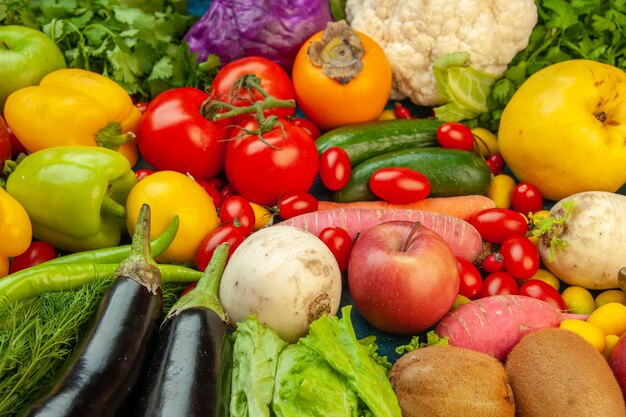
Uganda is experiencing a significant rise in annual inflation, primarily driven by an increase in vegetable prices, according to recent reports from the Uganda Bureau of Statistics (UBOS). This surge in costs has broader implications for the country's economy, affecting both consumers and various sectors dependent on agricultural products.

UBOS has recorded an annual inflation rate of 2.6% for the 12 months leading up to December 2023, a noticeable increase from the previous year's figures. Chief Statistician Alikizi K. Lubega attributed this rise to several factors, including the cost of transportation, energy, fuel, and services, which are essential components of the production and distribution processes.
Despite the overall rise in inflation, there was a reported decline in the price of certain food crops. For instance, the price of tomatoes decreased from UGX 2,962 per kilogram in 2022 to UGX 2,600 in December 2023.
However, traders, such as Monica Namono from Nakasero market, dispute these findings, citing high fuel costs and heavy taxation as factors preventing a drop in commodity prices.
Ugandan households, particularly those with moderate incomes, are feeling the pinch as the cost of essential goods, especially food, continues to rise. Food expenditure constitutes a significant portion of household budgets, making inflation in this sector particularly impactful.
The increase in fuel prices, which directly affects transportation costs, has a big effect on the prices of vegetables and other perishable goods.
Geographically, Arua has registered the highest inflation rates, followed by Jinja Central and Kampala. This disparity highlights the uneven economic pressures across different regions, often worsened by local supply chain issues and varying transportation costs.
The increase in vegetable prices and overall inflation poses several challenges for Uganda's economy. It reduces the purchasing power of consumers, leading to decreased spending on non-essential goods and services.
This reduction in consumer spending can slow economic growth, as businesses experience lower sales and reduced revenue.
Higher production costs due to increased fuel and energy prices can lead to reduced profit margins for businesses, potentially resulting in layoffs or decreased investment in expansion. This scenario can create a negative feedback loop, where reduced economic activity leads to further economic slowdown.
To address these issues, it is important for the government to implement measures that can stabilize prices and support the most affected sectors. This might include subsidies for essential goods, tax relief for businesses, or investment in infrastructure to reduce transportation costs.
Enhancing agricultural productivity through modern farming techniques and better supply chain management could help mitigate future price surges.
Looking ahead, the trajectory of Uganda's inflation will largely depend on external factors such as global oil prices and internal factors like government policies and agricultural performance. Policymakers must stay vigilant and responsive to these dynamics to ensure economic stability and growth.
While the rise in vegetable prices is a significant contributor to Uganda's current inflationary trends, it is part of a broader economic picture influenced by multiple factors. Addressing these challenges requires coordinated efforts between government, businesses, and consumers to foster a more resilient and stable economy.















